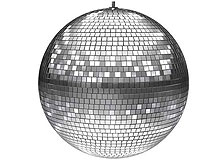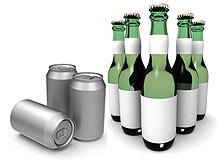In accordance with Article 388 of the Civil Code (the Code Civil), persons under the age of 18 years are considered to be minors. Parental custody (autorité parentale) ends at that age. Various legal texts define the rights and duties of minors. For example, the Education Act provides for nine years of compulsory education, beginning with entry into primary school (Act of 12 August 1912). This means that, for most children in Luxemburg, compulsory education ends at the age of 15 years. The Act for the Protection of Young Workers of 23 March 2001 distinguishes between children under the age of 15 and teenagers under the age of 18. The Youth Safety Act of 10 August 1992 applies for minors under the age of 18. Pursuant to Article 32 of that Act, juvenile delinquents aged 16 and up may be tried before a criminal court under certain circumstances.














